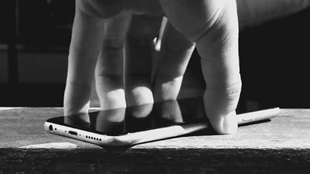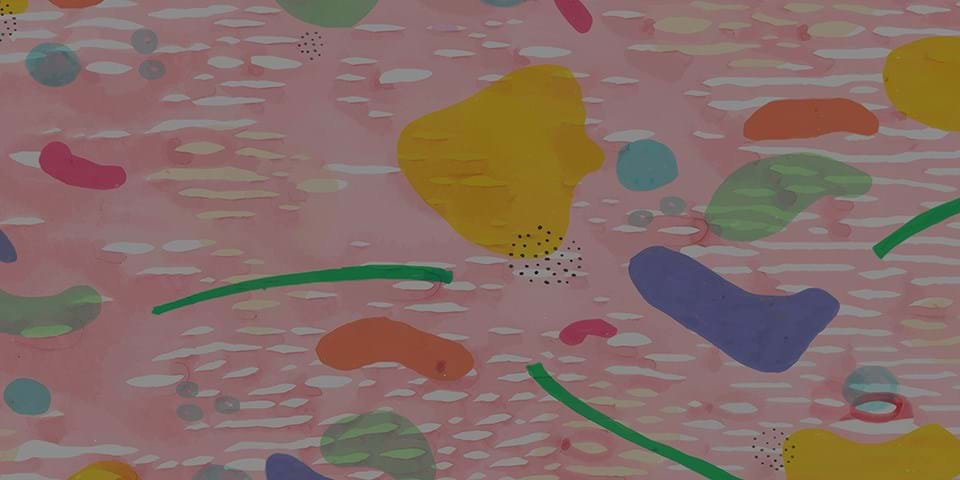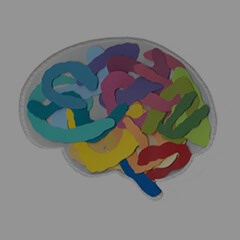It happens to many of us – we start playing Candy Crush for fun and it turns into a compulsion. We don't just want to play, we have to play.
We can be compulsive about tidiness or checking our email. It's not an addiction. It's not OCD – It's compulsive behavior.
But it's just a sensible reaction to a stressful world, says science writer Sharon Begley. She examines the science behind behavior that borders on obsession in her new book, Can't Just Stop: An Investigation of Compulsions, and discusses it in this helpful interview.
In the US, anxiety has overtaken depression as the number one reported mental disorder among college students. “There is something about the times that we live in that is causing us immense anxiety,” says Begley, “and little surprise therefore that we engage in compulsions to try to deal with it.”
The difference between addiction and compulsion, Begley says, is that addiction starts with a brief hit of pleasure which we need more of to get that same “hit” as our tolerance grows. “Compulsions are very different. We generally don’t love how we feel when we are engaged in compulsive behavior. Instead, we engage in it because if we don’t, we are filled with this overwhelming, tangible anxiety. People have described it to me as if their chest is filling up with hot lava or their blood is just expanding in their veins. And we engage in a compulsion to drain away that anxiety, and that’s what makes compulsions … unfortunate.”
Smartphones have become a crutch for many people, not because their brains are broken, but because technology developers have figured out how our brains work and how to exploit it, Begley says. As social beings, humans can really suffer when they feel disconnected. “Now that we have smartphones, FOMO (fear of missing out) has become a real thing. We feel that if we are not constantly connected, then something cooler… or crucial for our job or school or whatever, then we are missing out on that. And that could be true! So that fear is driving us and so much of our inability to be without our phones.”
Compulsions, whether it’s constantly checking Facebook or scrubbing the kitchen clean, are just your brain “figuring out how to get you through the day”, Begley says.
If it is debilitating, then it is most likely a disorder. But if it is simply a crutch, then you should perhaps go easy on yourself. “Whatever your behavior is, knowing there may be some source of anxiety driving it, will enable you to confront it and understand yourself a little better.”
As for breaking the habit, Begley advises small steps. “If you can just hold off for a few seconds, fine, and then you can go and do it. Then, if you can just hold off for a few more seconds next time, et cetera, then you can teach your brain that that feeling is a little more tolerable than you originally thought.”

This content is published under licence and in partnership with Radio New Zealand, one of the world’s foremost public broadcasters. To learn more go to radionz.co.nz








